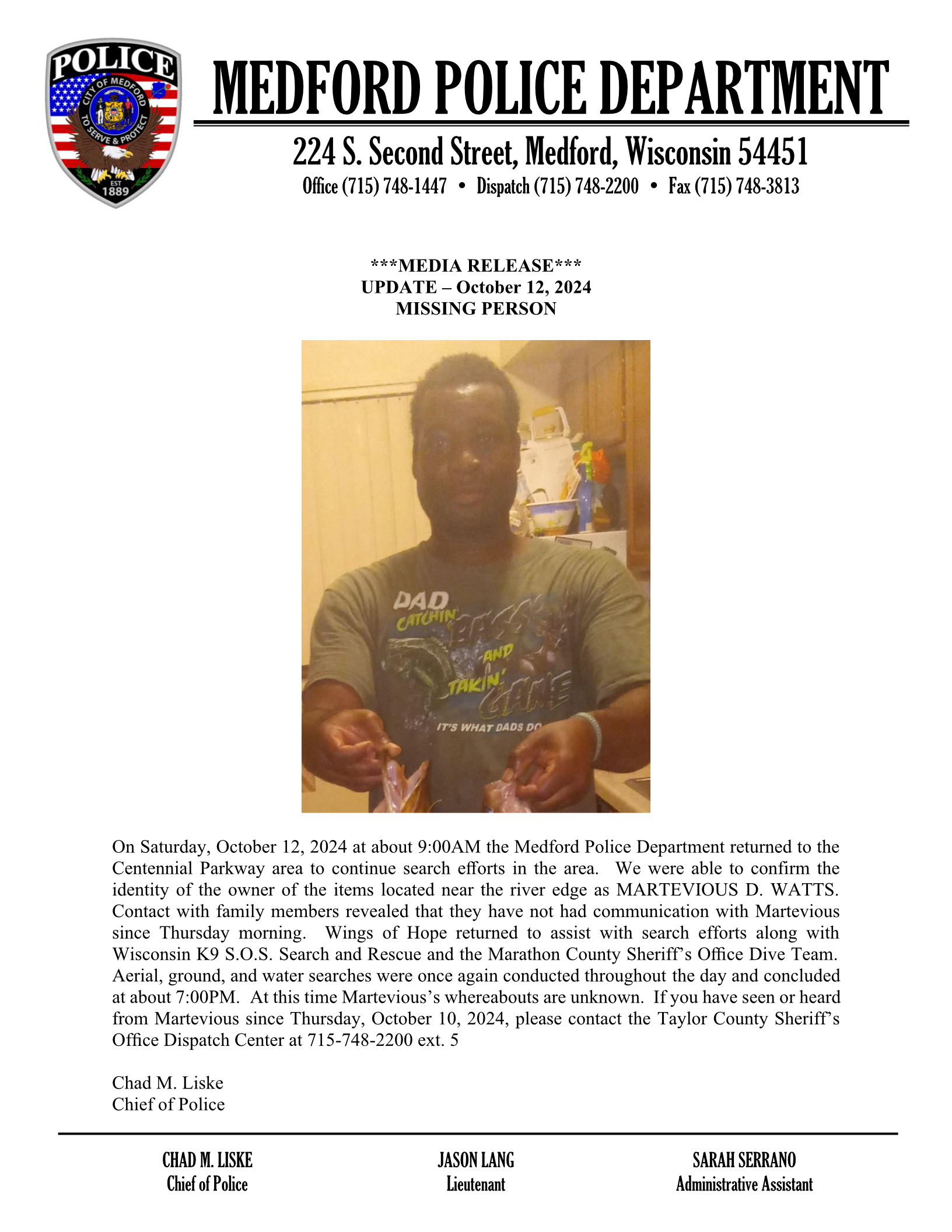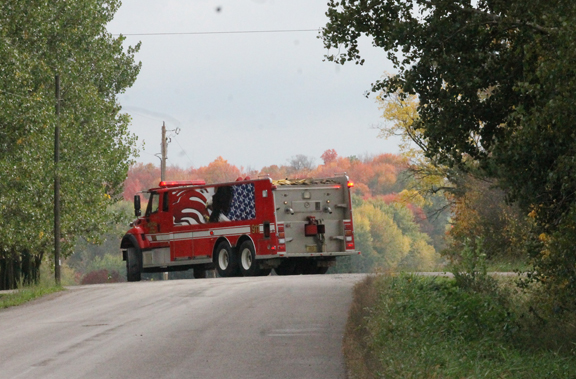Domestic abuse on the rise during social distancing
During this unprecedented time, the Wisconsin Coalition Against Sexual Assault (WCASA) and End Domestic Abuse Wisconsin (End Abuse), want survivors to know that sexual assault and domestic abuse service providers in the state remain open.
It’s understandable that the heightened stress and anxiety associated with the COVID-19 pandemic, along with the isolation that may accompany social distancing, can be triggering and potentially dangerous for survivors. While many are staying at home and working remotely to protect everyone during the health crisis, for many survivors, home is not a safe place.
Children face an increased risk for sexual abuse during this time, and the Rape, Abuse, and Incest National Network (RAINN) has noted increased rates of minors reporting sexual abuse, since the shelter-in-place orders went into effect across the country. Domestic violence cases have also spiked worldwide, with survivors who already have violent partners, now confined at home with them and further isolated from support systems.
“The virus can lead to folks being trapped in abusive relationships, not because of the virus itself, but because of its economic impacts,” said Gricel Santiago-Rivera, executive director of End Abuse. “We know that when survivors lack resources, it becomes much more difficult to leave the relationship.”
“We want survivors to know that they are not alone, and advocates at sexual assault and domestic abuse programs are available to provide emotional support, and information, no matter how long ago the abuse occurred,” said Pennie Meyers, executive director of WCASA.
The timing of this pandemic has also coincided with Sexual Assault Awareness Month (SAAM), which occurs every year during April. Traditionally, SAAM is a time where local service providers engage in a variety of awareness-raising activities around sexual violence-related issues.
SAAM is also a time where local programs will showcase how they provide critical support, and resources for survivors and their families. While many of the in-person activities have been canceled because of COVID-19, programs are finding unique ways to promote SAAM and support survivors, using social media and other virtual events.
To speak with an advocate, call 715-723-1138 or 1-800-400-7020.



